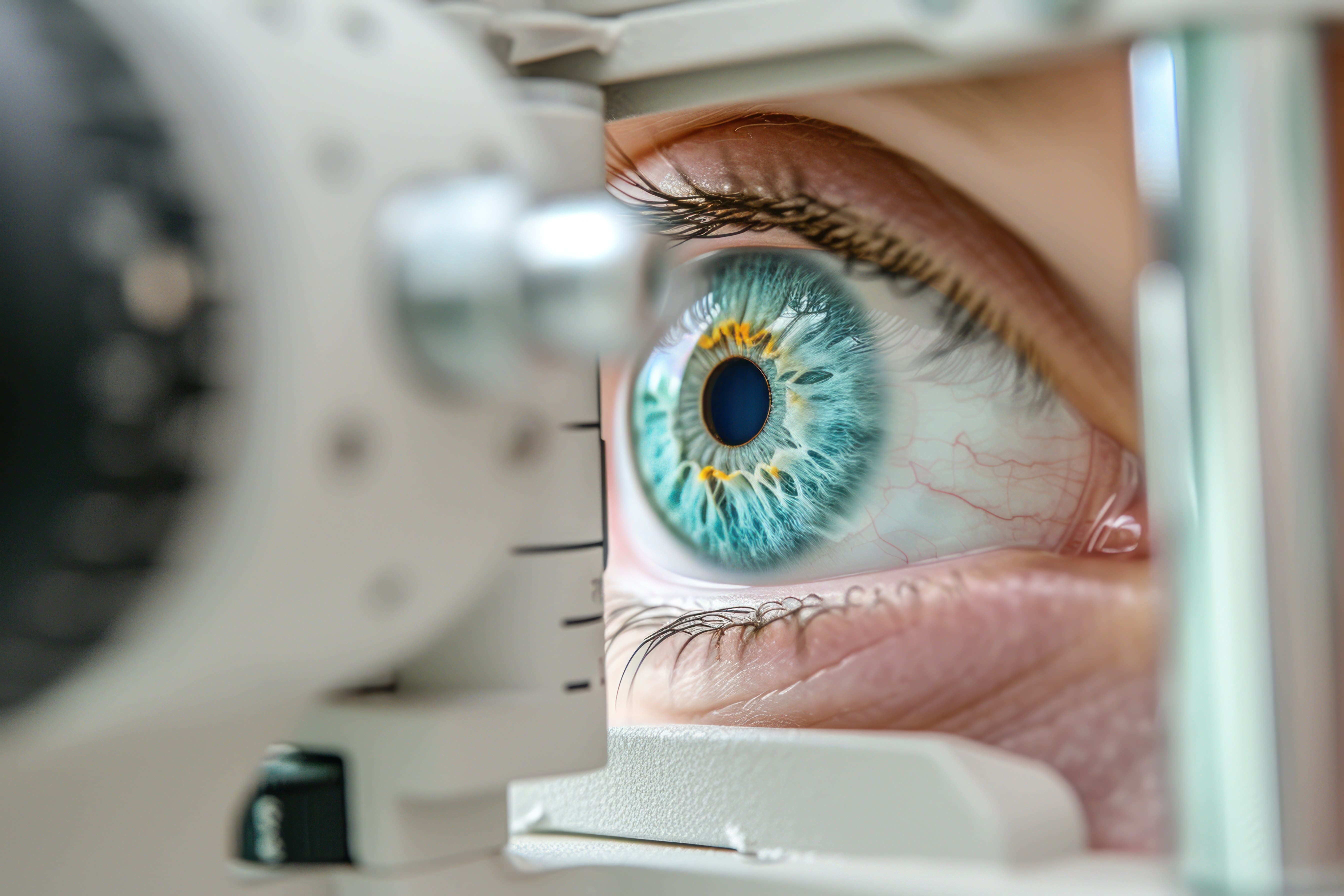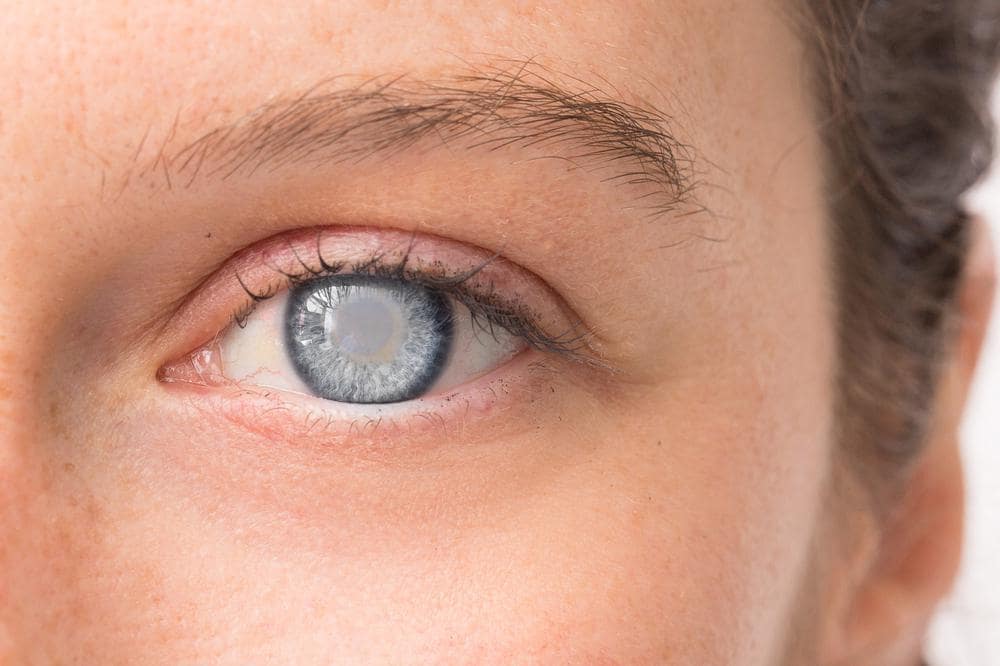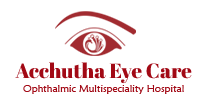Cataract
Cataract
- No-Injection Cataract Surgery
- MICS (Micro Incision Cataract Surgery)
- Toric Intraocular Lens (IOL)
- Multifocal Intraocular Lens (IOL)
- Multifocal IOL.

What is Cataract?
A cataract is a clouding of the transparent part of the eye called the lens. A normally clear lens focuses light onto the retina, which is located in the back of the eye. When the lens becomes cloudy and opaque, light cannot pass through to the retina, resulting in blurry or clouded vision.
What Causes Cataracts?
Cataracts are most directly associated with the aging process. As the body ages, the normally transparent lens begins to harden and yellow, becoming cloudy. There is increasing evidence that lifelong exposure to ultraviolet light contributes to the formation of cataracts. Over half of all people aged 40 or older have some degree of cataract development. Additionally, eye injuries, eye diseases like uveitis, certain medications like steroids, diabetes, smoking, and other factors may contribute to cataract formation.

Cataract Surgery
Since there is presently no medical treatment to prevent or reverse cataracts once they develop, the only treatment is surgical removal. Cataract surgery is recommended when cataracts interfere with everyday activities. Today's cataract surgery is a marvel of medical technology. We were among the first to offer the no injection phacoemulsification procedure, enabling cataracts to be removed through a tiny incision. The procedure involves "no-stitch" cataract surgery with topical anesthesia. The state-of-the-art "no-patch," "no-injection," "no-stitch" method offers rapid recovery in just a few days.
Ensure Your Vision is Clear and Healthy
Early diagnosis and prompt treatment are key to preserving your vision. If you're experiencing blurry vision, dimming, glare, or double vision, don't wait schedule an appointment with Acchutha Eye Care today. Your eye health matters, and we're here to help you see clearly.
